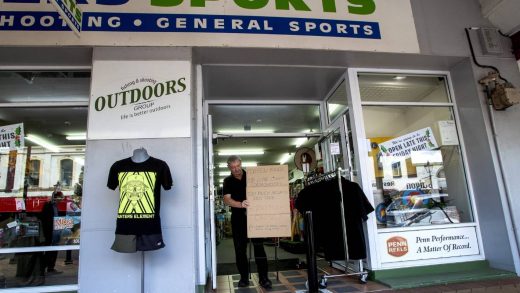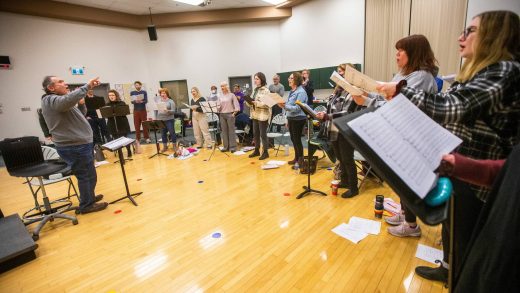
The issue of Indigenous identity theft has been in a spotlight lately. It seems like every time I log into Twitter or scan the news, there’s another story about a person’s questionable claims to Indigeneity.
It’s interesting to see this issue come to light and become mainstream, thanks in large part to the voices of Indigenous women. Many were initially met with hostility or indifference when they first spoke out.
The issue of Indigenous identity is complex and nuanced, and there is a large segment of Indigenous people who have been disconnected from culture, community and family who are trying to find their way back to their identity. But there are also non-Indigenous people who are claiming an identity and culture that doesn’t belong to them.
Of the “pretendians” who have been recently been called out or the folks who have yet to adequately answer questions pertaining to their ancestry, most have been highly successful people in their fields. They’ve taken up space, positions of power, financial gain and they’ve held themselves, or accepted the position as a role model, benefiting from their claims.
Perhaps most notable, at least recently, is Mary Ellen Turpel-Lafond, a former judge and law professor whose claims to be “a treaty Indian of Cree ancestry” from Norway House Cree Nation in Manitoba did not match the historical record, as set out in a CBC investigation last year.
During her career, Turpel-Lafond was bestowed 11 honorary degrees, which were listed on her public resumé.
After the news broke in October 2022 about her ancestry, a grassroots Indigenous organization called the Women’s Collective called for her resignation from the University of British Columbia (which happened quietly at the end of last year) and for the universities that had given her such honours to rescind them.
Several schools have responded, some revoking the honorary degrees, while others have allowed Turpel-Lafond to return them voluntarily.
Last week, Simon Fraser University was the latest to accept the return of an honorary degree it had awarded Turpel-Lafond.
SFU said it had informed Turpel-Lafond it was considering revoking her honorary degree, and “she was provided an opportunity to either return the degree voluntarily or to make representations on the issues at hand.” She voluntarily returned the honorary degree.
However, the choice offered to Turpel-Lafond did not sit well with everyone.
The Women’s Collective said: “SFU allowed Mary Ellen Turpel-Lafond to significant and meaningful sanctions for falsely parading as an abused Indigenous woman who overcame enormous odds to obtain a doctorate of laws and perform at an exceptional level in her profession.”
Meantime, the claims of Mi’kmaq heritage by Vianne Timmons, president and vice-chancellor of Memorial University in Newfoundland and Labrador, have been put to question. The issue of the distinction between Indigenous identity and Indigenous heritage has been raised.
Timmons, who won an Indspire Award (for Indigenous people by Indigenous people) in 2019, had claimed membership of Bras d’Or — a First Nation not recognized by the Union of Nova Scotia Mi’kmaq nor the federal government — on her online CV between 2011 and 2018.
A CBC investigation reviewed the historical records she provided and found it “could not find any proof of any other Indigenous ancestor less than 10 times removed.”
Prior to her six-week paid leave, Timmons issued a statement through the university’s student newspaper saying she’s “not Mi’kmaq” and does not claim an Indigenous identity but maintained she has “Indigenous ancestry.”
In an interview, Timmons said she nearly didn’t accept the 2019 Indspire Award, claiming she told organizers she didn’t identify as Mi’kmaq. Timmons said she only decided to accept the award after an unnamed elder in Regina encouraged her to.
However, in 2017, Timmons signed a nomination form for the Indspire Awards that contained a consent to be nominated and a declaration attesting to recognition with an Indigenous community.
The distinction between identifying as Indigenous and only identifying as having Indigenous heritage, when it comes to declaring publicly on a CV or on an award application or in other areas that may see benefit, seems deliberately confusing at best.
Indigeneity and identity are not like a hat that you put on when it’s beneficial and then take it off when it’s not.
twitter: @shelleyacook

Shelley Cook
Columnist, Manager of Reader Bridge project
Shelley is a born and raised Winnipegger. She is a proud member of the Brokenhead Ojibway Nation.
Read full biography


